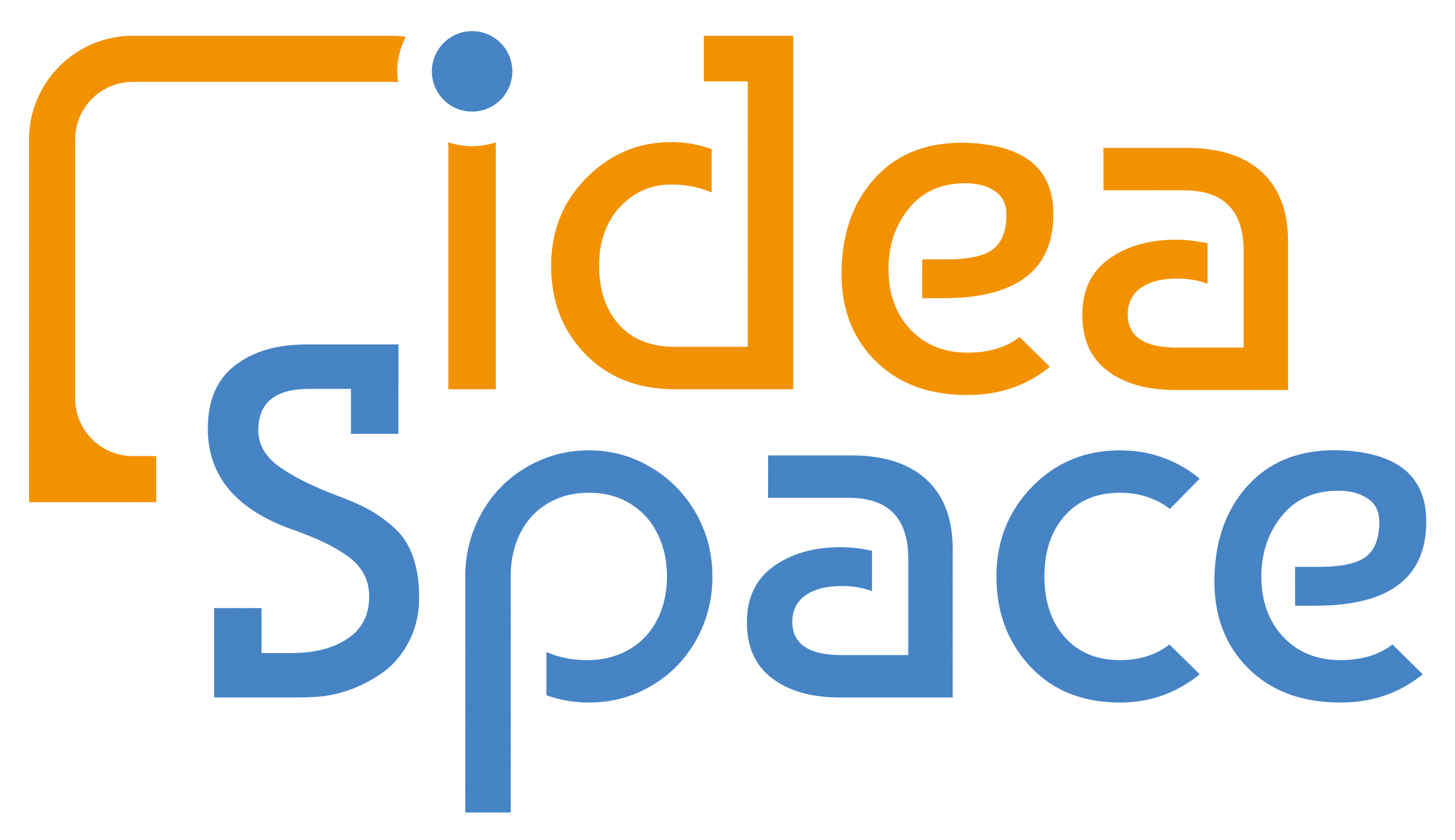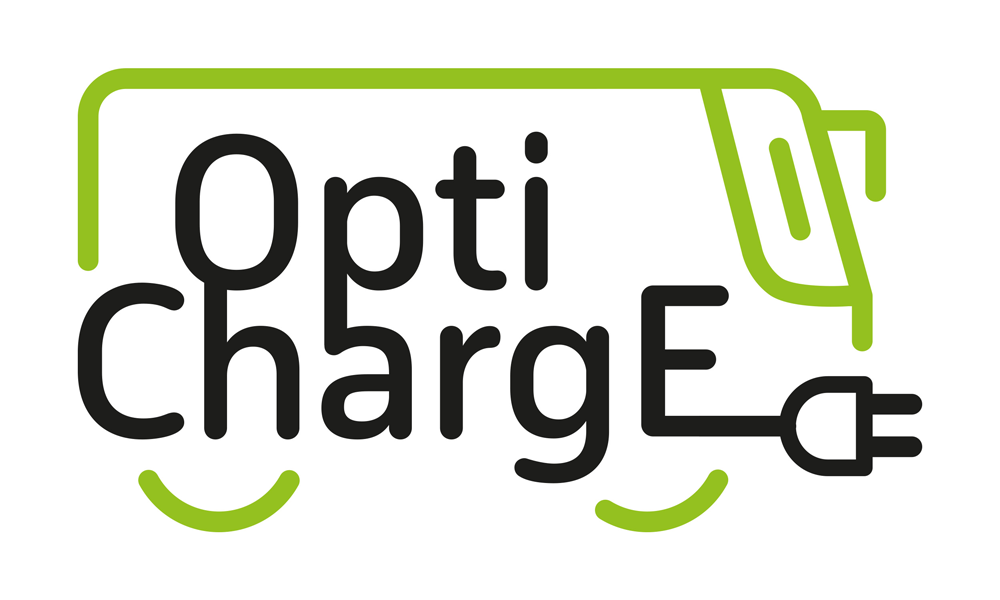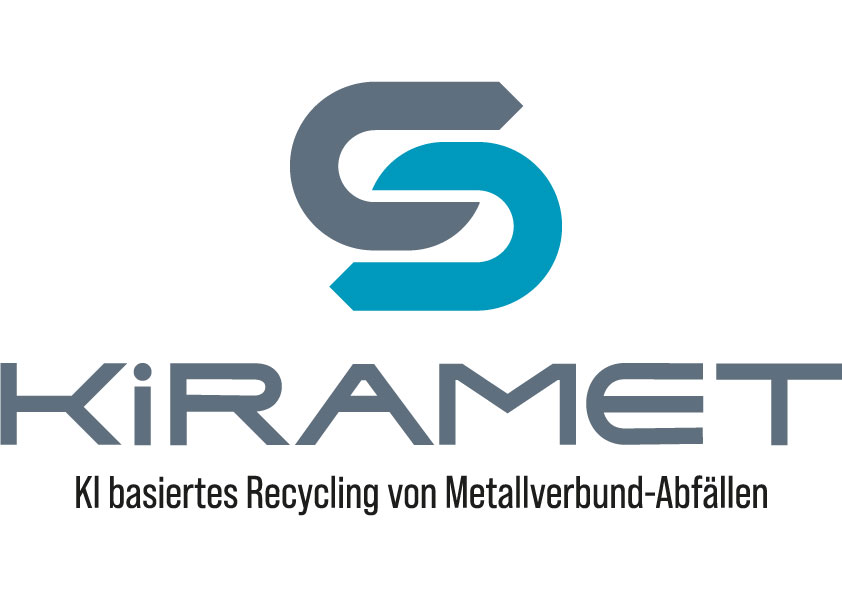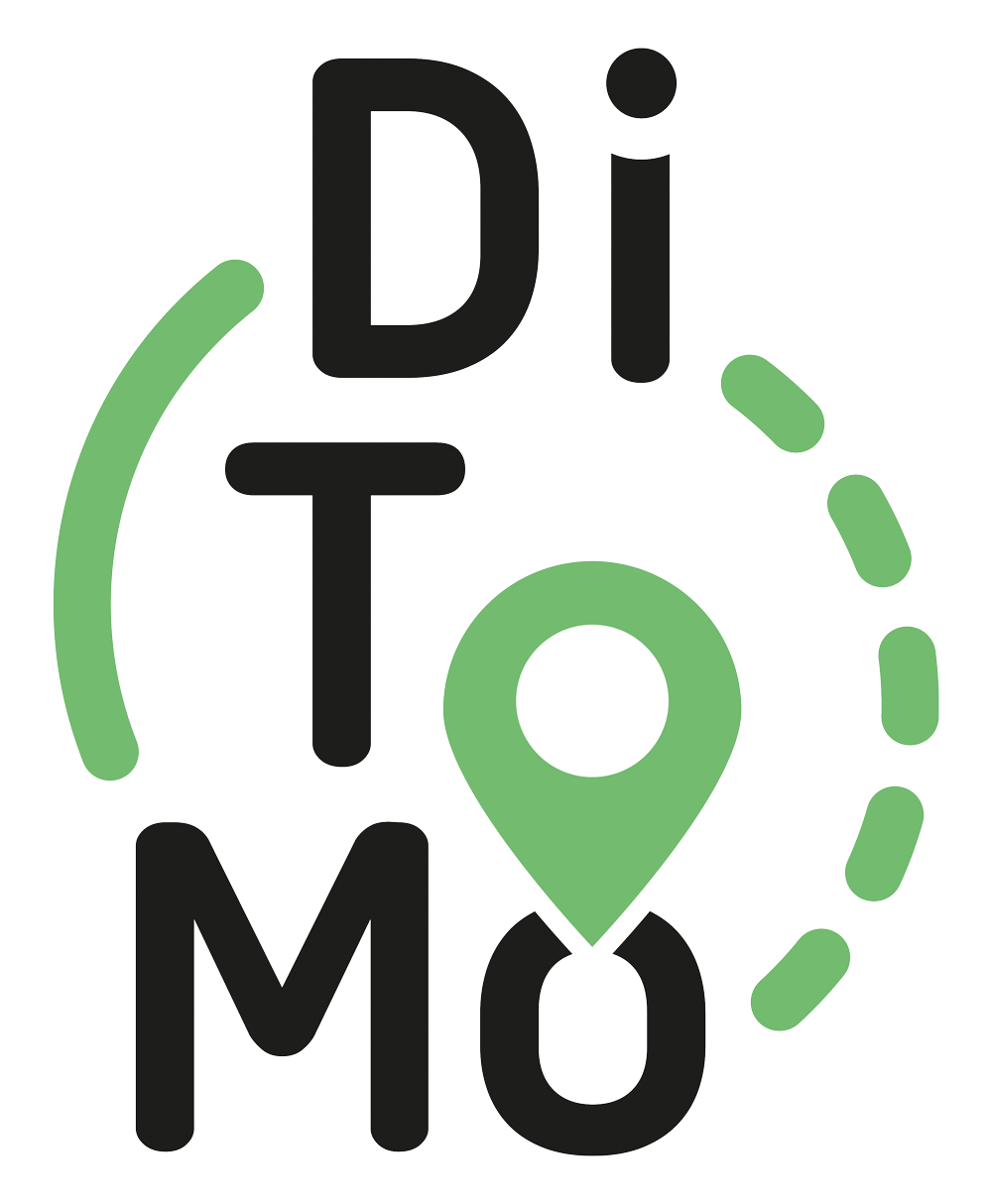IdeaSpace – the idea platform of Salzburg Research
IdeaSpace is an open innovation platform where the creative community is encouraged to submit their ideas and solutions on various topics and issues.
»
DiMo-NEXT – Next Level of Digital Motion in Sports, Fitness and Well-being
Next level of digital movement: Facilitating behaviour change and improving the experience of physical activity, sports performance and overall wellbeing through behavioural psychology, movement data analytics, sustainable materials and sensor technology.
»
SleepBuddy – Respiratory activity monitoring for enhanced sleep quality
SleepBuddy optimizes sleep quality through AI-driven analysis and interventions based on breathing activity.
»
PASSAT – Digital Product Passport Austria and Beyond
PASSAT helps Austrian companies implement the Digital Product Passport, promoting sustainable growth through the circular economy and innovative production processes.
»
USEFLEDS – Unleashing Sector-coupling Flexibility by means of an Energy Data Space
Development of a data service ecosystem for the energy sector.
»
cells4.energy – Regional energy cells as multi-energy real-world laboratories for rapid system transition
Development of a scalable and easily transferable energy cell concept that covers entire value chains – from generation and storage to transport and use of energy.
»
Prehab2Rehab – Integrated and digitally supported care on patient pathways from prehabilitation to rehabilitation
Prehab2Rehab investigates how people can be best supported along the entire care pathway – before and after a planned surgery.
»
EVIS.AT – Real-time traffic information Austria
Actors in the Austrian road transport mobility landscape combine their data in EVIS.
»
LCM – Linz Center for Symbiotic Mechatronics
The K2_LCM project is a follow-up project to the current cooperation within the framework of “Gesture Aided Learning”.
»
MUST – Multimodal traffic control through the combination of innovative information channels
The aim of the MUST project is to directly and indirectly influence mobility behavior in terms of climate and environmentally friendly traffic management through traffic avoidance, modal shift and traffic improvement.
»
MZSFreiland – Optimization of cycling infrastructure: Study on multi-purpose lanes with a narrow core lane on Austria’s open roads
Study on multi-purpose lanes with a narrow core lane on Austria’s open roads.
»
OptiChargE – Optimised and automated charging management for battery electric bus fleets
The OptiChargE project is developing a data-driven optimisation of a charging management solution for battery-electric bus fleets.
»
CARIPU – Cooperative Acting Robots in Industry and Public
The CARIPU project uses AI, big data analysis, and the integration of the human perspective to improve mobile autonomous robots for successful interactions with users in industry and public spaces.
»
KIRAMET – AI-based recycling of metal composite waste
Efficient, sensor-based particle sorting with the help of artificial intelligence.
»
DiToMo – Digitalization of tourist mobility services for the last mile
Climate-friendly travel to leisure and tourism destinations by public transport is not always easy: The destination is often not accessible by public transport or is very difficult to reach, and existing shuttle services are little known.
»
cityclimAIt – Study on AI applications to achieve and support climate-neutral cities
Recommendation catalogue and tool for AI technologies that support planning, monitoring and forecasting services of city administrations, transport and spatial planning as well as companies on the way to a climate-neutral city.
»
UVAR_Austria – Upgrading the Austrian ITS landscape to implement the EU requirements for Urban Vehicle Access Regulations
UVAR_Austria is developing solutions to provide digital and standardised access restrictions in line with the latest EU regulations.
»
TeleCareHub – Platform for technology-supported care and support for people with dementia living at home
In the TeleCareHub, a platform is to be created through which various stakeholders, but above all family caregivers of dementia patients, can gain better access to support.
»
Autarkity – Self-Sufficiency in Energy Communities: Expectations, Feasibility, and Obstacles
The project examines how innovative technologies can increase energy communities’ degree of self-sufficiency and whether users are actually willing to pay for it.
»












